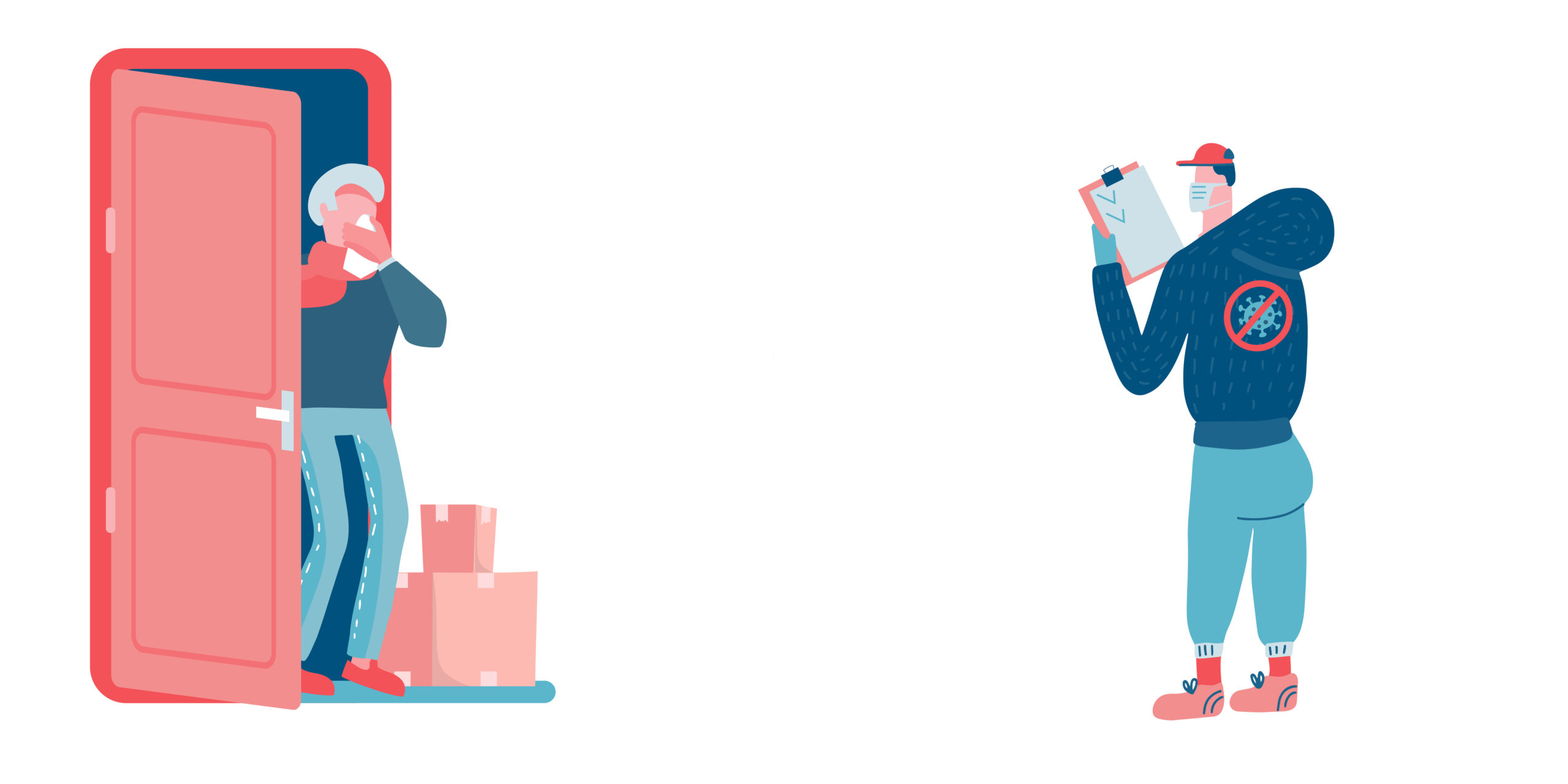Housing Providers, COVID-19, and “The 4 Ms”

Community collaboration has never been more important than now—during COVID-19. Our housing providers have stepped up to address many issues facing residents who are among the most vulnerable to coronavirus.
Since 2013, Aging and Disability Services (ADS) has worked collaboratively with housing providers, starting with United Way’s Wellness Pilot Project, a strategic community initiative that created a a culture of wellness in senior housing buildings. Seattle Housing Authority and King County Housing Authority buildings were involved. Today, housing providers continue to build upon this successful foundation.
When ADS received grant funding for an Oral Health Program, we were fortunate to work with three Senior Housing Assistance Group (SHAG) communities and the Washington Mobile Dental Program. See Mobile Dental Vans and Volunteers Make a Difference (October 2014).
Then ADS partnered with Kelley-Ross Pharmacy and several housing providers, including Bellwether Housing, Plymouth Housing, King County Housing Authority, Capitol Hill Housing, and Catholic Housing Services, on a Senior Drug Education pilot program. See Community Collaboration Brings Synergy to Health Care (April 2016).
Two years later, ADS partnered with Seattle Housing Authority, Kaiser Permanente, Northwest Geriatric Workforce Enhancement Center, and the UW School of Rehabilitation Medicine on a falls prevention program. Physical therapy students performed wellness checks at senior living communities, focusing on falls prevention and vision checks. See Falls Prevention: Something a Community Can Agree On (July 2018).
Now, during COVID-19, whether making wellness check phone calls to thousands of residents, coordinating and facilitating meal delivery, advocating for face coverings, or providing emotional support when social isolation affects mental health and wellness, local housing providers are truly unsung heroes and heroines.
Whether they know it or not, housing providers have supported what the Institute of Health Improvement calls “the 4Ms”—their framework for developing an age-friendly health system:
- Medications: This “M” was a significant issue for housing providers. When Governor Inslee’s Stay Home, Stay Healthy order was first initiated, many people did not have a sufficient supply of medications on hand. Housing providers received calls about need for medications and worked to support their residents’ health needs.
- Mentation (mental health): Housing providers have recognized and responded to mental health issues identified through the telephone wellness checks, offered reassurance, and coordinated with mental health professionals who can continue phone counseling/support.
- Mobility: During wellness checks, housing staff also remind residents about the importance of movement and recommend physical activities that can be done safely in a small living space.
- What Matters: What are the person’s goals, treatment choices, and life decisions? Housing professionals realize that people want to “age in place” and want to support their wishes. Providing support is easier when people have put their life choices in writing. Moving forward, ADS will support a housing presentation about “The Five Wishes”—an easy-to-use advance directive document written in everyday language.
ADS and Public Health—Seattle & King County support housing providers with input on scripts for wellness calls, answers to questions about COVID-19, and development of a framework for short- and long-term COVID-19 recovery.
Our housing providers do amazing work in their direct and collaborative work with community partners. Recently I heard about a 72-year-old Seattle Housing Authority resident who speaks only Cantonese. Language has been a barrier to getting the help she needs from others but when the resident calls her housing and mental health providers, they recognize her voice and connect with an interpreter immediately. The first time the client asked for help after the COVID-19 outbreak, she needed food and was afraid to leave her apartment. Food deliveries from food banks were arranged. Later it was determined that the food bank couldn’t meet the client’s dietary needs, and the providers helped her find food to buy using her EBT (electronic benefits transfer) card. The client called regarding a disruptive neighbor and again because of rent challenges. Her housing and mental health providers helped her problem-solve.
This is just one example of dedicated housing providers in Seattle-King County who are responsive to their clients’ needs, among many. I feel very fortunate to work with them, and I thank them all!
Contributor Mary Pat O’Leary, RN, BSN is a planner at Aging and Disability Services, a division of the Seattle Human Services Department that is designated as the Area Agency on Aging for Seattle & King County.
This article was originally published in the June 2020 issue of AgeWise King County.
![Aging & Disability Services for Seattle & King County [logo]](https://www.agingkingcounty.org/wp-content/themes/sads/images/seattle-ads-logo.png)